Viagem Brazil: Despite unfinished construction, Salvador’s party rages


SALVADOR, Brazil – There is a Portuguese saying used often here, one so popular the locals even splashed it across T-shirts: Não deixe para amanhã o que você pode fazer depois de amanhã.
It means, roughly, don’t leave for tomorrow what you can do after tomorrow.
That seems to be Salvador’s approach to its unfinished, ongoing World Cup preparations. The city remains under construction, with some areas fenced off downtown and near the beach and restaurant patios half completed, not to mention rampant poverty.
But on a lazy Sunday that started with rain and finished with dozens clapping, drumming and cheering another sunset on the beach, it all seemed OK with most. That’s Salvador, the king of Carnival and so-called Capital of Happiness.
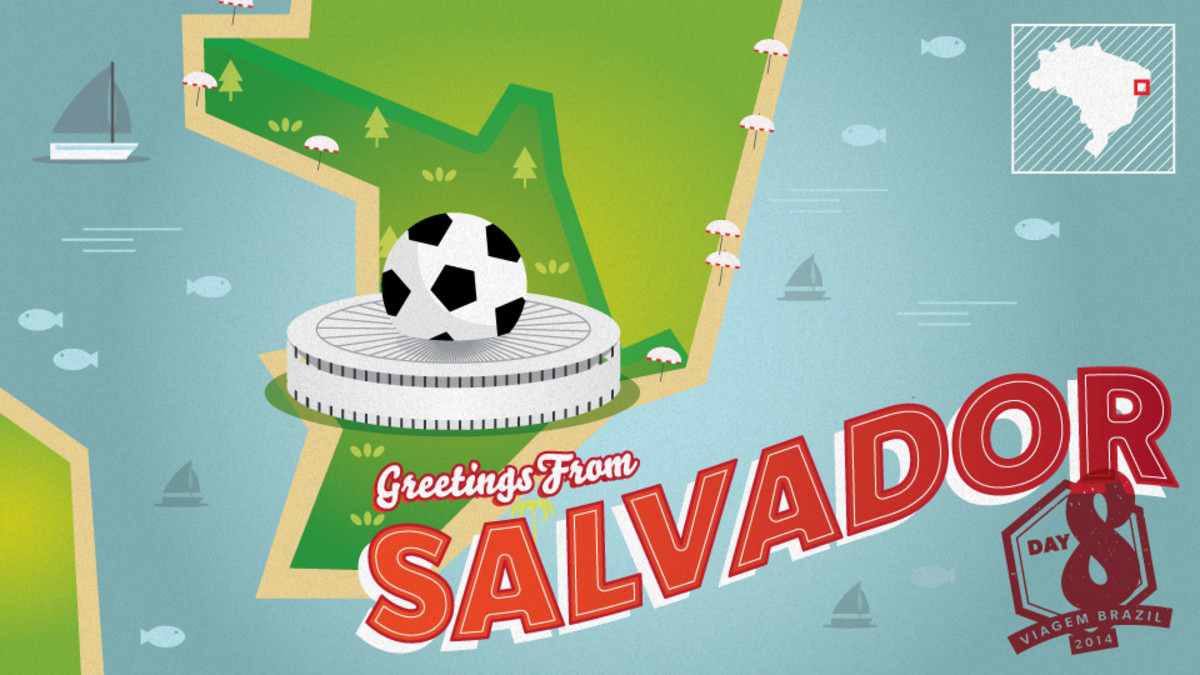
The squares bustled with World Cup visitors, who jammed restaurants, snapped photographs and walked the cobblestone streets that spread for miles. All the houses were painted the brightest colors, purple and pink and turquoise and lime green.
The influences were colonial and African. Olodum, the city’s famous percussion ensemble that performed in a music video Michael Jackson filmed here, a group that developed the sounds of samba reggae, drummed its way – thwap, thwap, thwap – passed throngs of tourists from Germany and Portugal. Stores hawked art and colorful paintings and handcrafted statues at Mercado Modelo, a former slave market. Ribbons every color of the rainbow hung over the streets. Churches rose from every corner, with ornate columns and oversized bells, some in better shape than others.
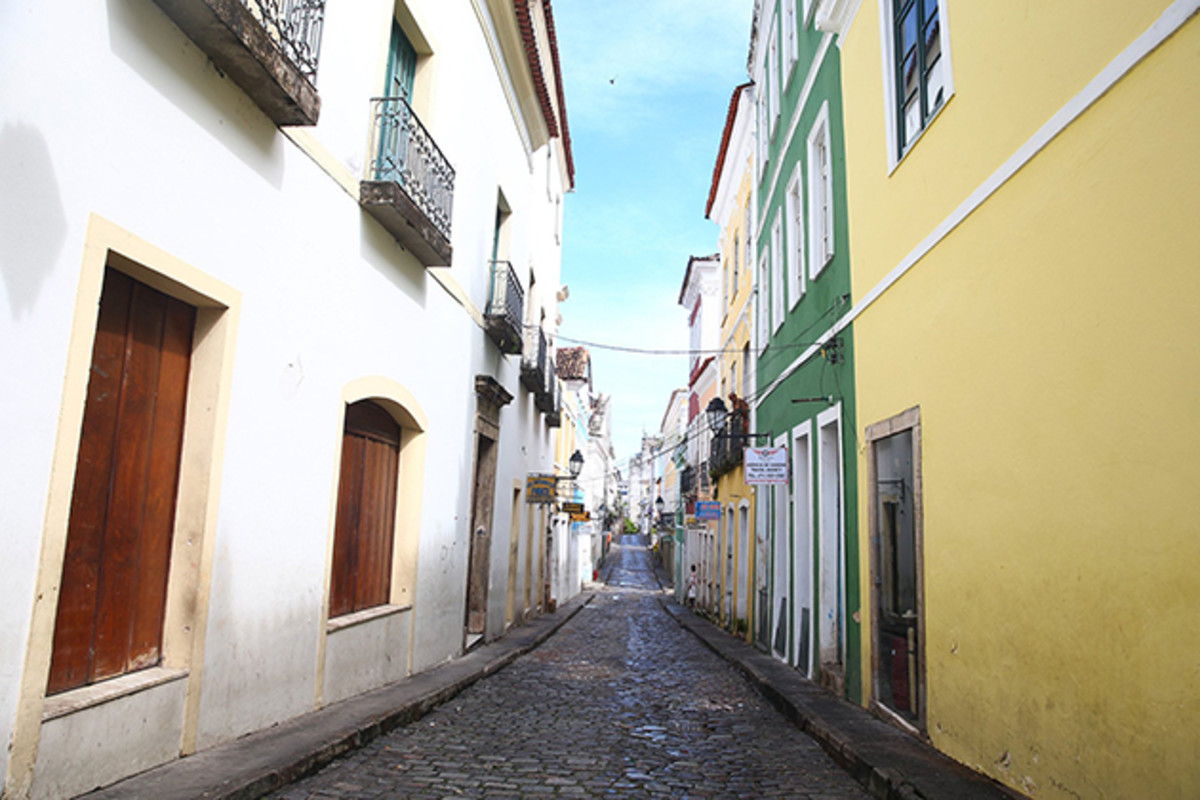
The party continued – if it ever really ended in the first place.
Inside the square, life seemed far removed from the beaches where drug addicts slept on sidewalks and low-level dealers peddled cocaine and marijuana. There were so many empty buildings with paint long peeled and windows broken that some blocks looked more like ruins. Visitors en route to Salvador heard the same refrain. Be careful. Reporters in town for the World Cup were pickpocketed this week.
Everything was for sale, open to donations. So many hands were out. Women wore traditional Bahian dresses, so colorful and sequined and puffed around the waist and below, as they posed for pictures with the tourists. Other locals offered tours or sold cigarettes. Drummers drummed, hoping for a kickback. Others just held out hands or cans. “You know the song, Can’t Buy Me Love?” asked our translator, Filipe Sousa. “Not here.”
But while everyone welcomed the World Cup and the tourists that descended, some chose not to give FIFA a pass, like Elicia Blodgett, an American from Connecticut who arrived in Salvador eight years ago to volunteer and never left.
Greetings from Brazil: Showing the world Manaus, hoping for progress
Her complaints echoed those in other cities throughout Brazil, in the months that preceded the World Cup and during it, although she spoke directly about Salvador. She noted the heavy traffic, the regular petty crime, balanced against a city rich with culture, music and traditions and a distinct African flair. The World Cup could highlight the culture but she doubted that it would dent the real, day-to-day issues.
“I hate FIFA with a passion,” she said. “If I had the power to send them to hell, I would. They’re not present here. The tourists are lost. They aren’t paying taxes. They keep all the profit. They’re not investing here at all, and they’re changing laws.”
Like the one against serving beer in stadiums – which, Blodgett noted, were created “because people died.”
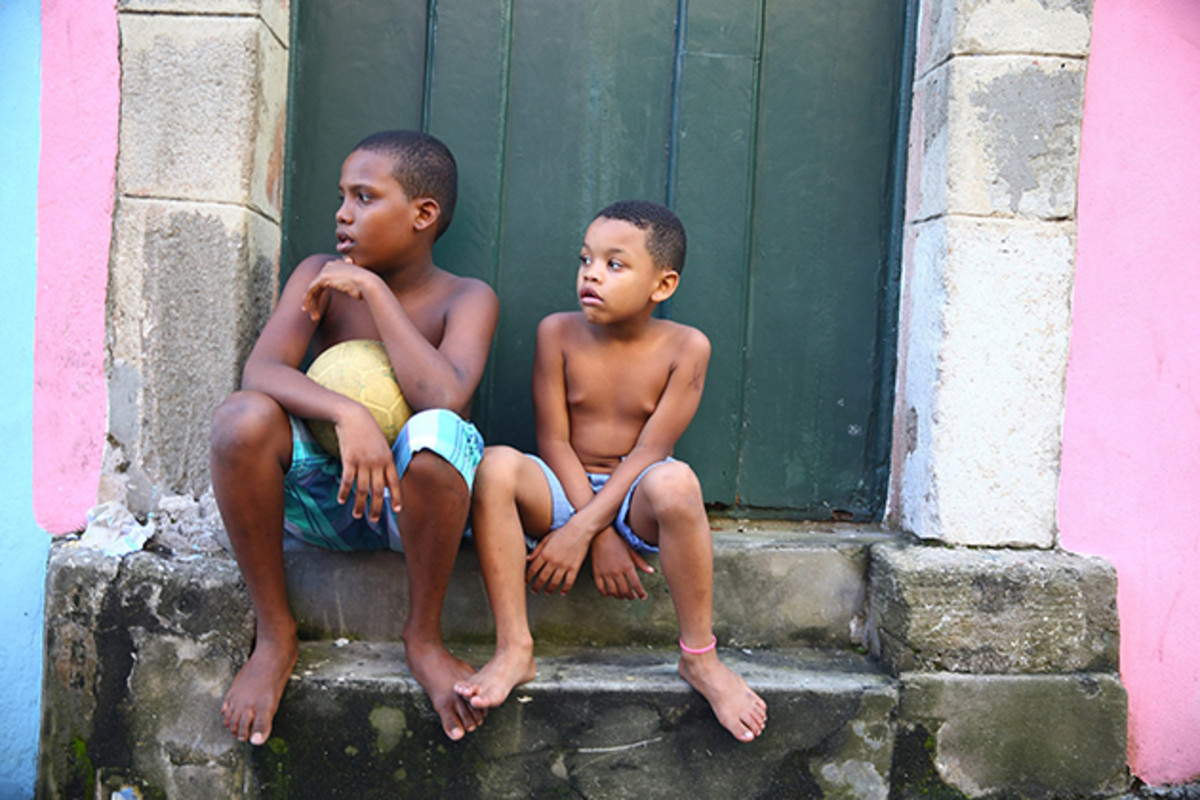
That culture on Sunday was primarily used to profit in the squares, to sell knickknacks to tourists who snapped pictures of the drummers. For a city like Salvador dependent on tourists and in love with soccer, the uptick in business was a positive. Visitors could even pay to have their picture taken on the balcony where Jackson danced and sang in the video for “They Don’t Care About Us.”
The World Cup rolled on. Dollars exchanged hands. The party continued unabated, even if the song title resonated, too.
This is the eighth piece in a series throughout the opening weeks of the World Cup in which SI senior writer Greg Bishop and photographer Simon Bruty chronicle their travel to offer a taste of the cultural side of Brazil. They continue their trip in Salvador, the capital of Bahia.
Bishop Day 8
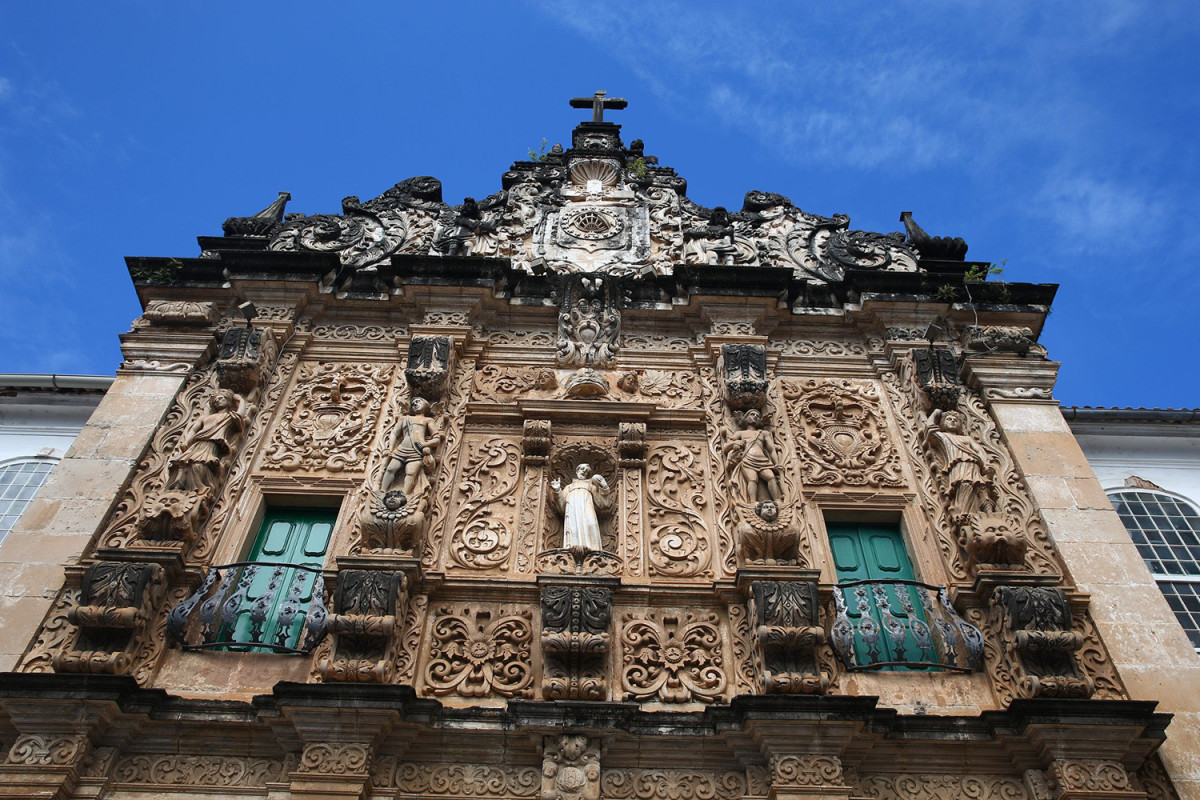
Viagem Brazil: Greg Bishop and Simon Bruty's Travel Guide to the Other Side of the World Cup. (Photos by Simon Bruty/SI)
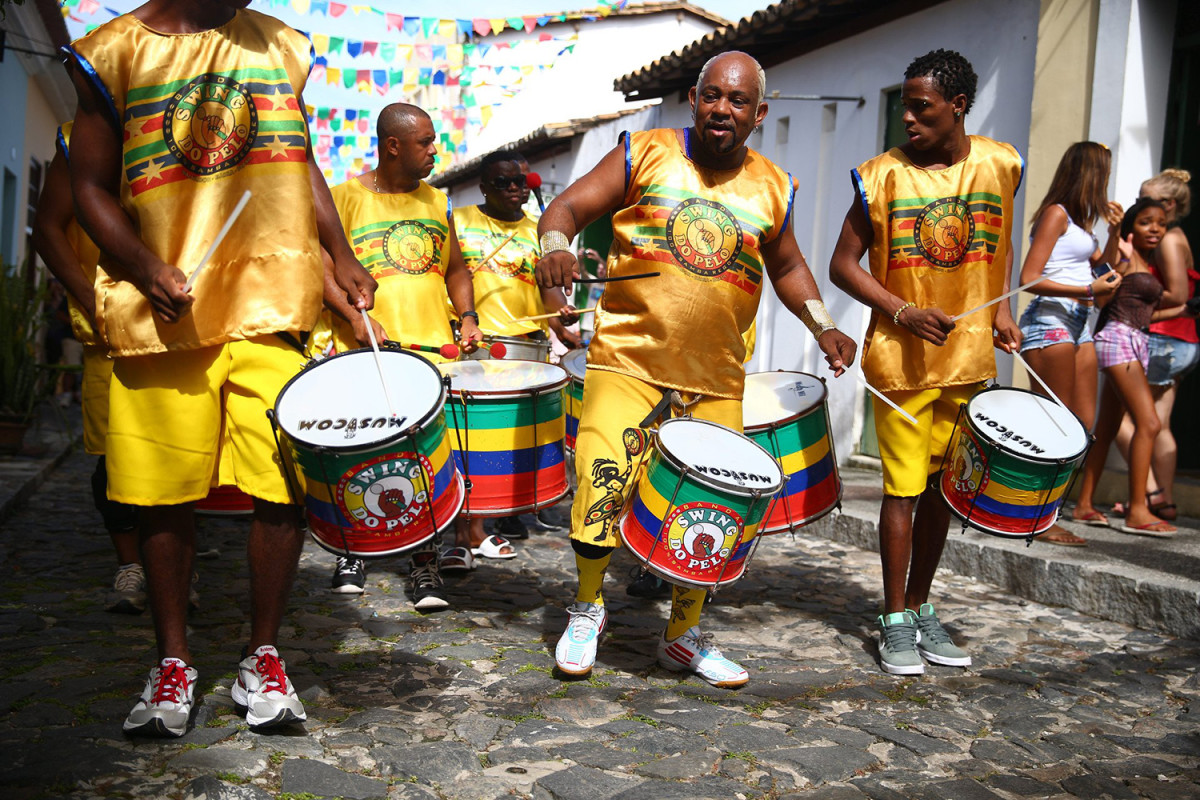
Viagem Brazil: Greg Bishop and Simon Bruty's Travel Guide to the Other Side of the World Cup. (Photos by Simon Bruty/SI)
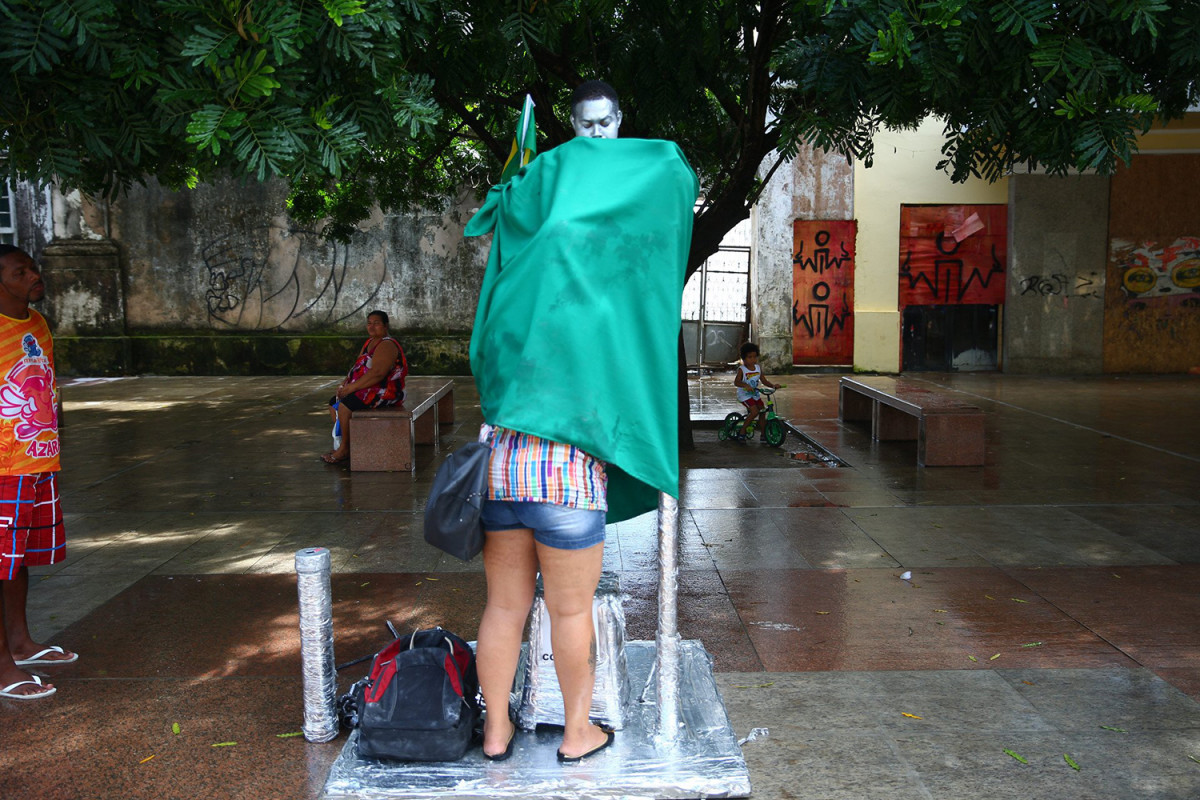
Viagem Brazil: Greg Bishop and Simon Bruty's Travel Guide to the Other Side of the World Cup. (Photos by Simon Bruty/SI)
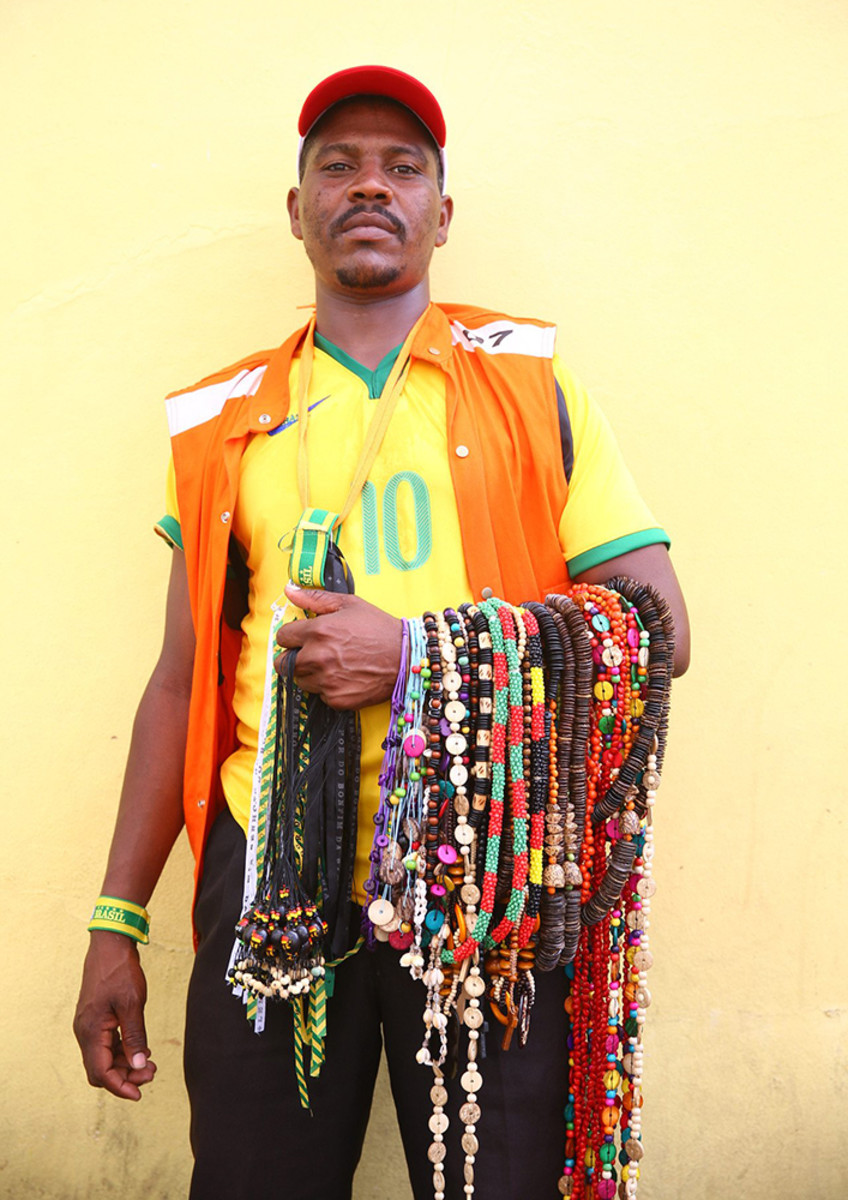
Viagem Brazil: Greg Bishop and Simon Bruty's Travel Guide to the Other Side of the World Cup. (Photos by Simon Bruty/SI)
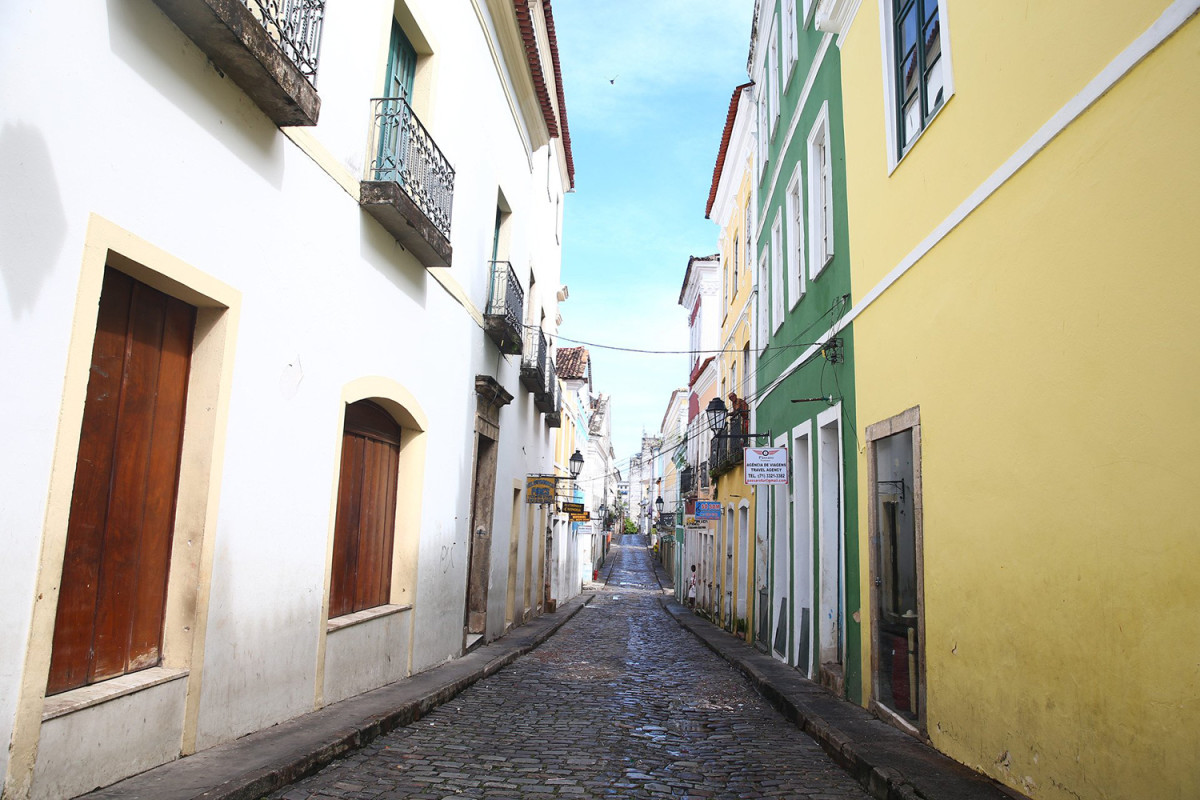
Viagem Brazil: Greg Bishop and Simon Bruty's Travel Guide to the Other Side of the World Cup. (Photos by Simon Bruty/SI)
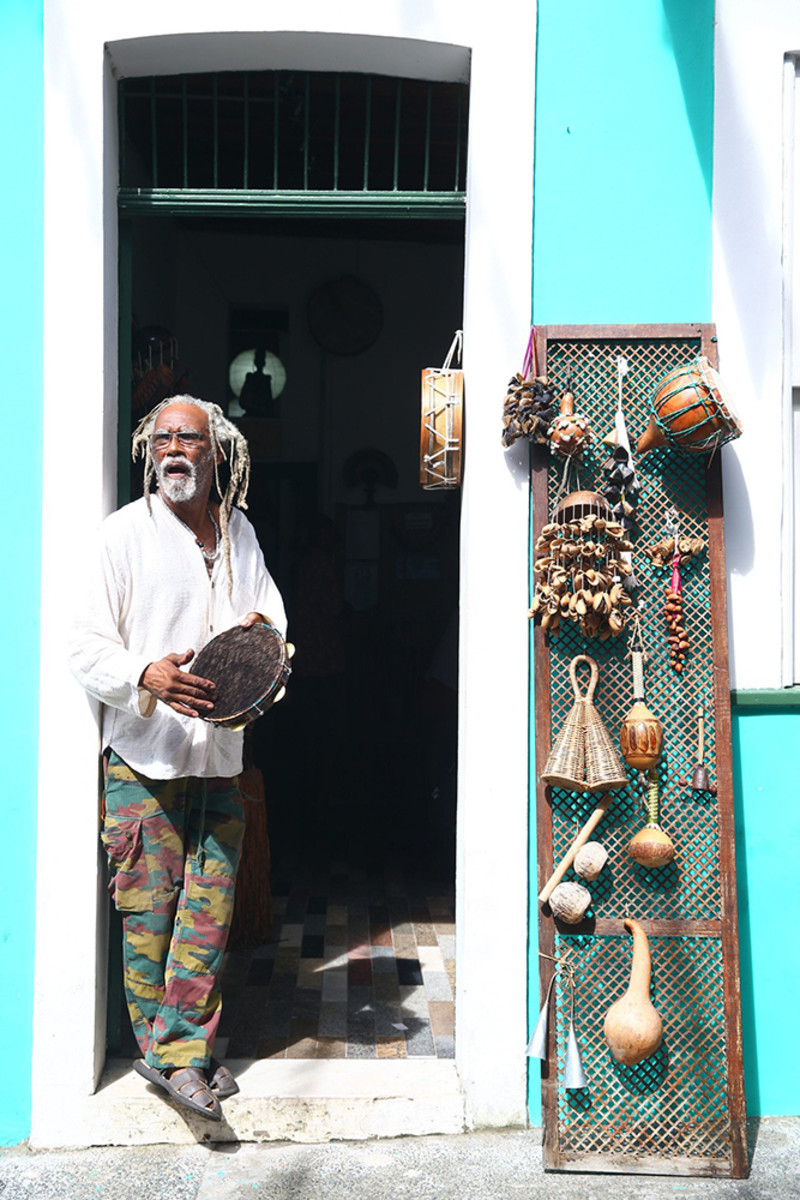
Viagem Brazil: Greg Bishop and Simon Bruty's Travel Guide to the Other Side of the World Cup. (Photos by Simon Bruty/SI)
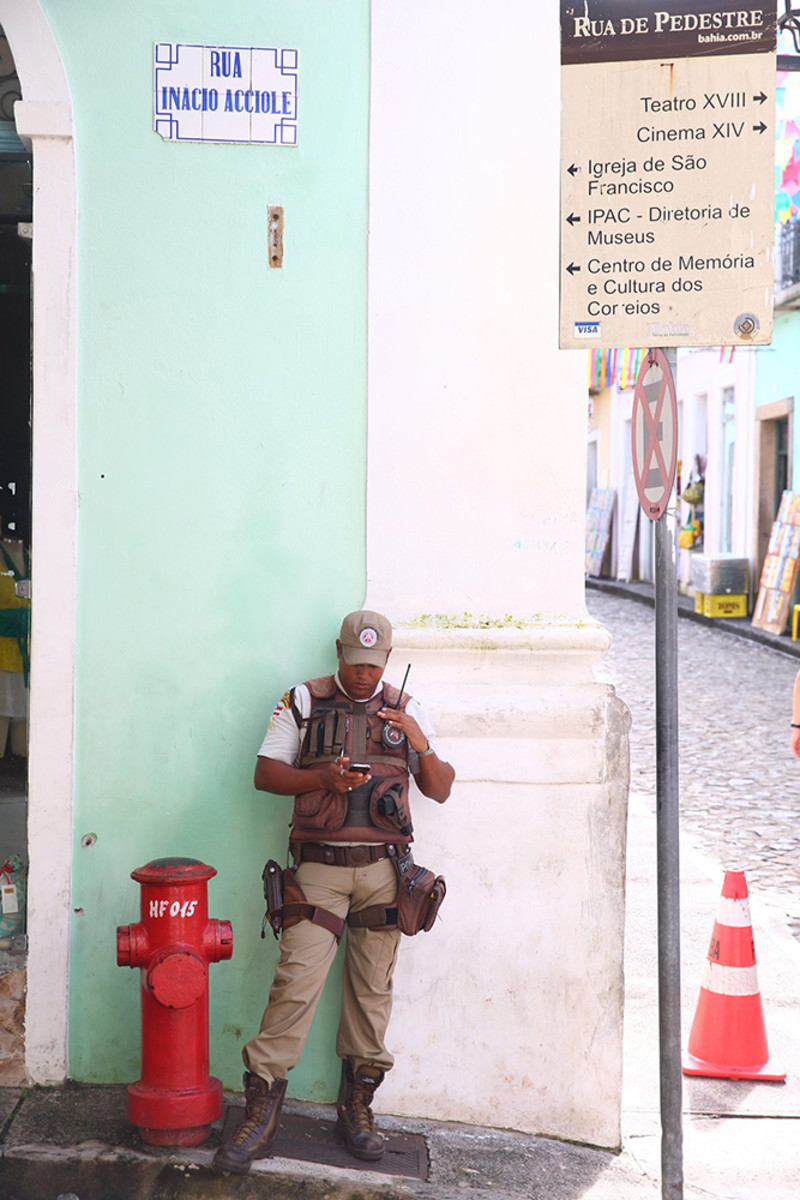
Viagem Brazil: Greg Bishop and Simon Bruty's Travel Guide to the Other Side of the World Cup. (Photos by Simon Bruty/SI)
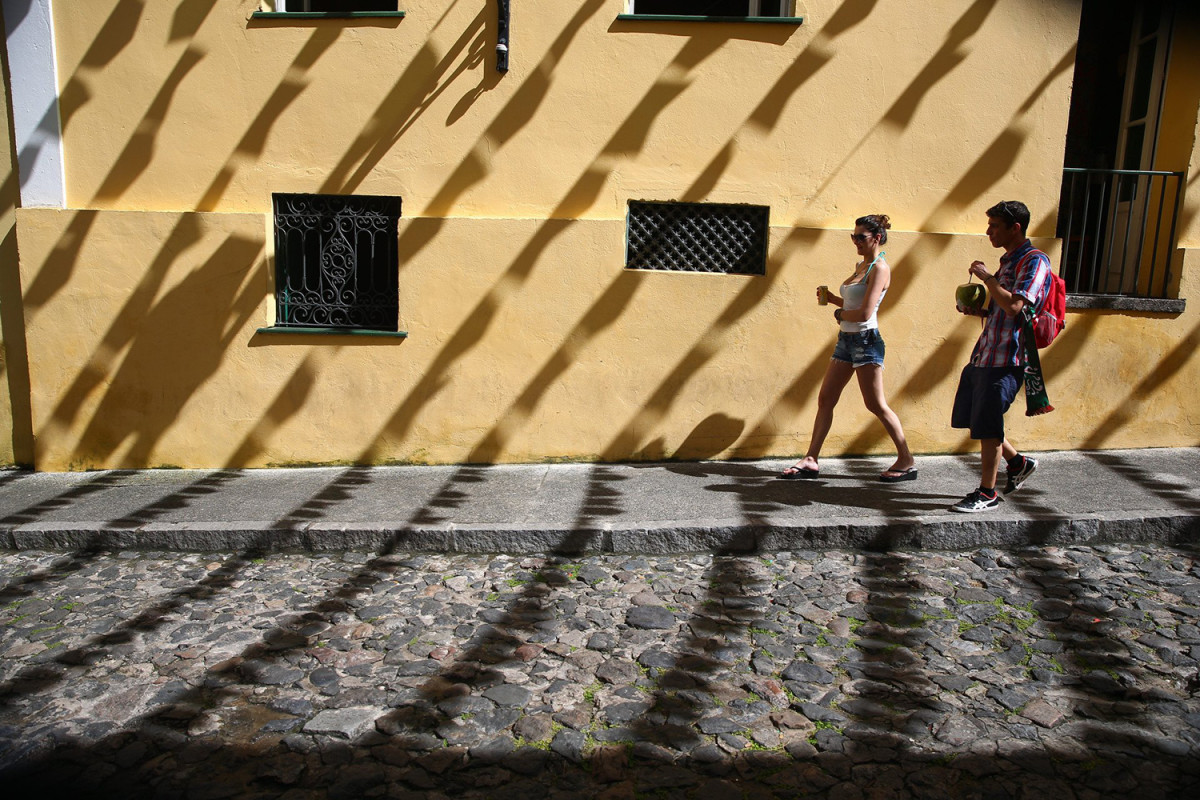
Viagem Brazil: Greg Bishop and Simon Bruty's Travel Guide to the Other Side of the World Cup. (Photos by Simon Bruty/SI)
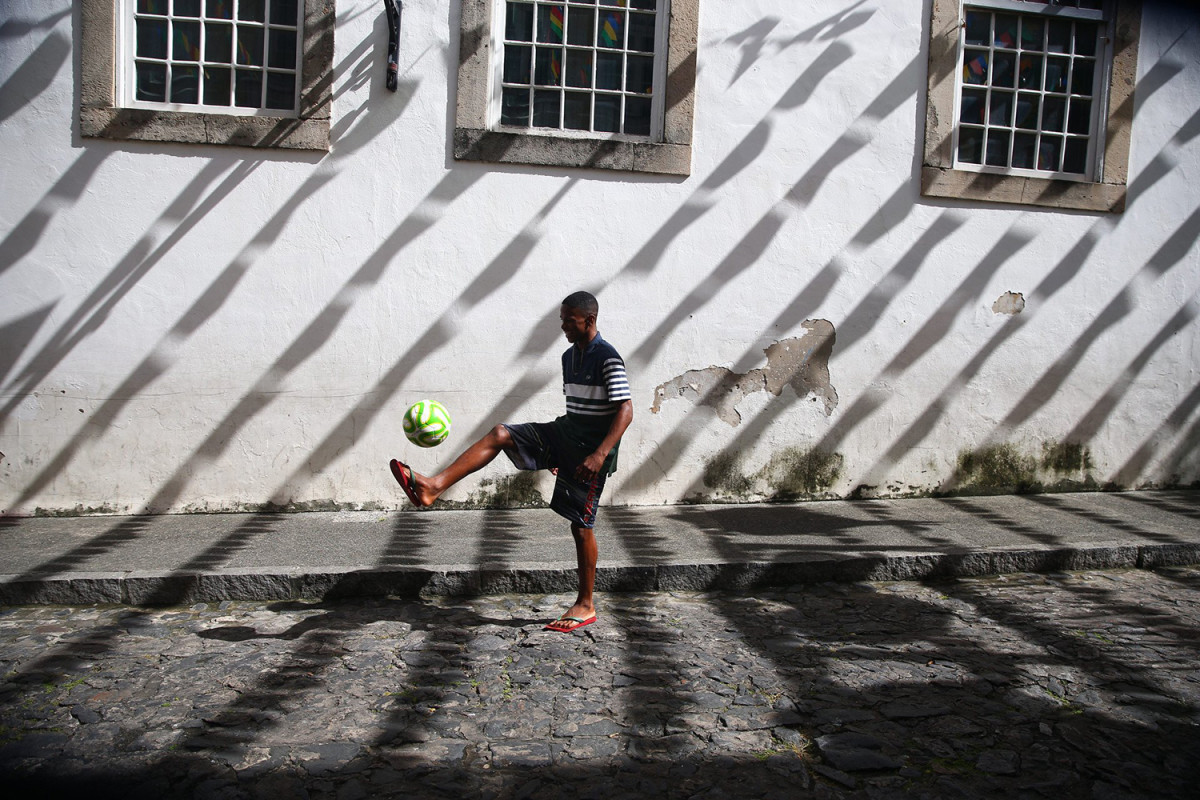
Viagem Brazil: Greg Bishop and Simon Bruty's Travel Guide to the Other Side of the World Cup. (Photos by Simon Bruty/SI)
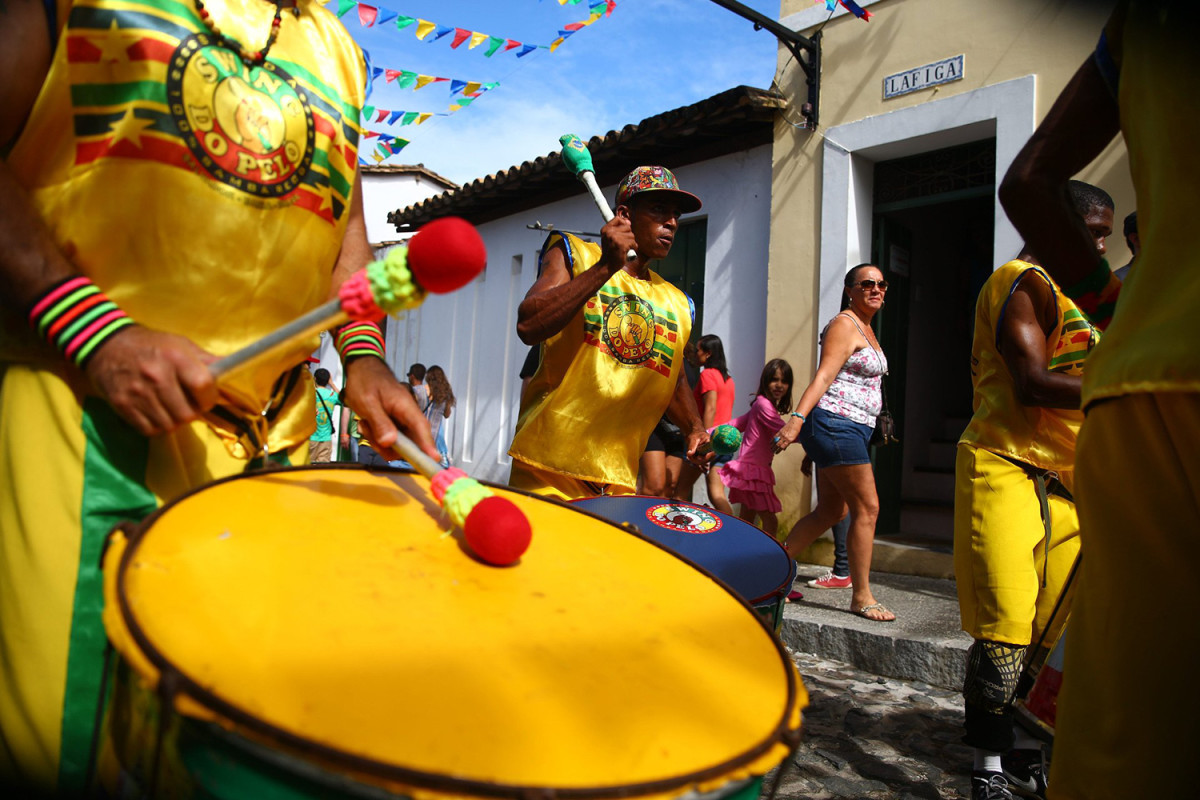
Viagem Brazil: Greg Bishop and Simon Bruty's Travel Guide to the Other Side of the World Cup. (Photos by Simon Bruty/SI)
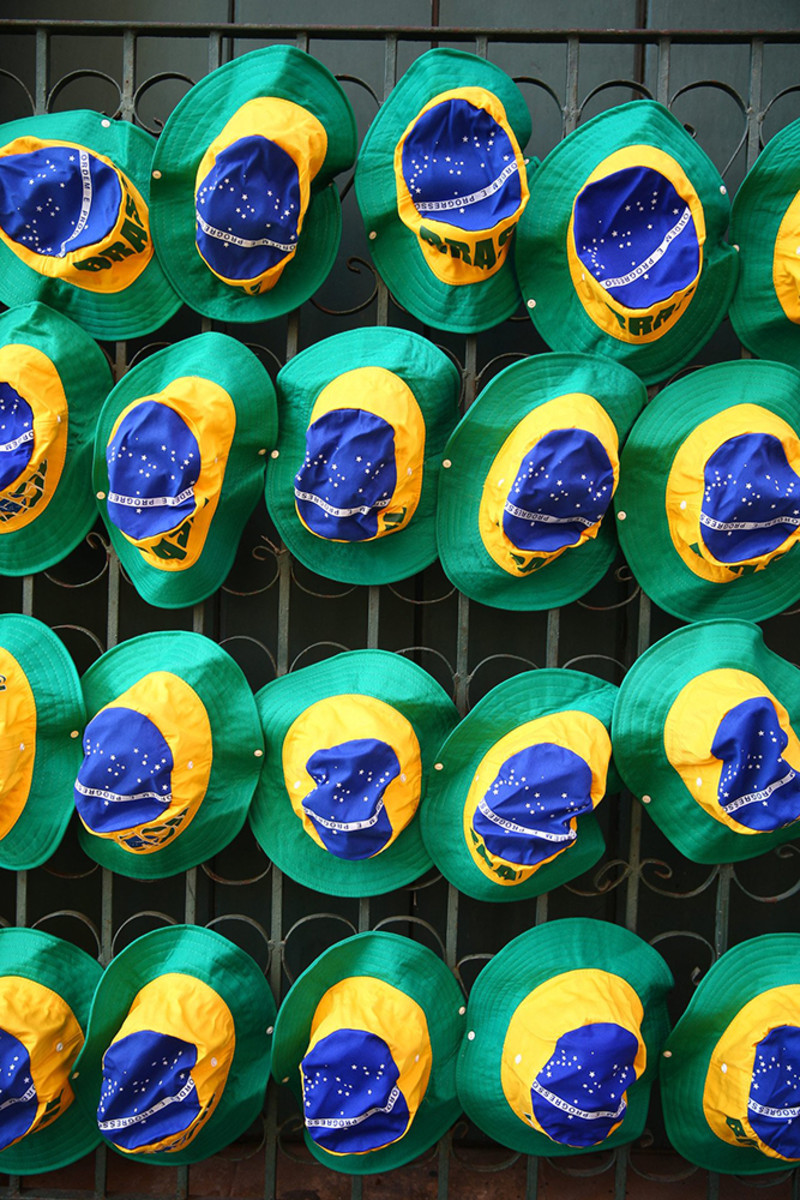
Viagem Brazil: Greg Bishop and Simon Bruty's Travel Guide to the Other Side of the World Cup. (Photos by Simon Bruty/SI)
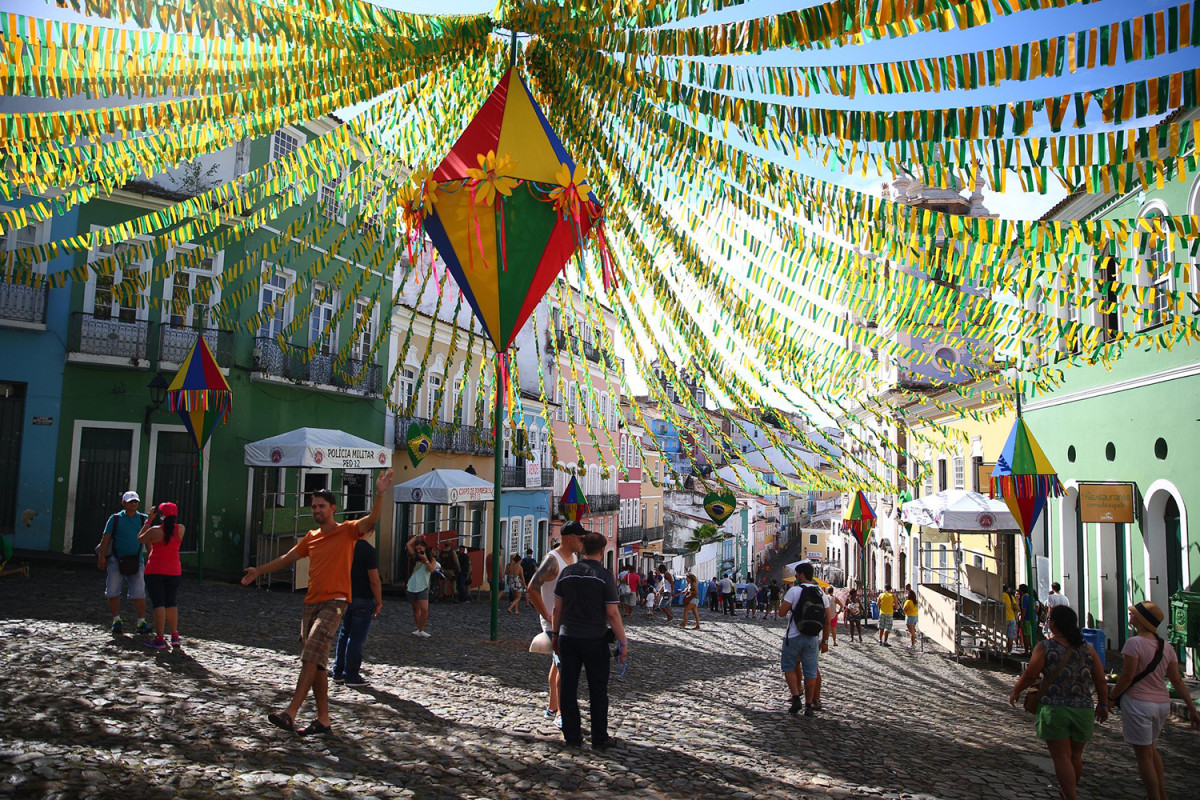
Viagem Brazil: Greg Bishop and Simon Bruty's Travel Guide to the Other Side of the World Cup. (Photos by Simon Bruty/SI)
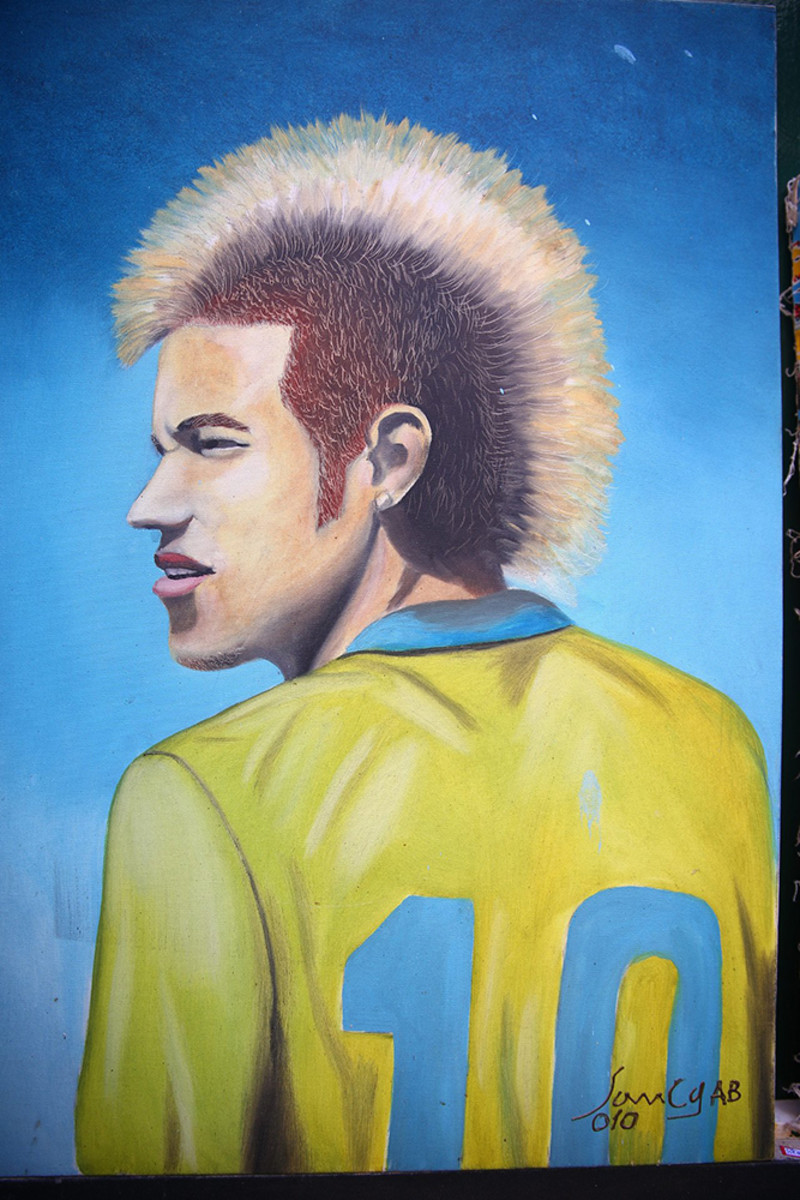
Viagem Brazil: Greg Bishop and Simon Bruty's Travel Guide to the Other Side of the World Cup. (Photos by Simon Bruty/SI)
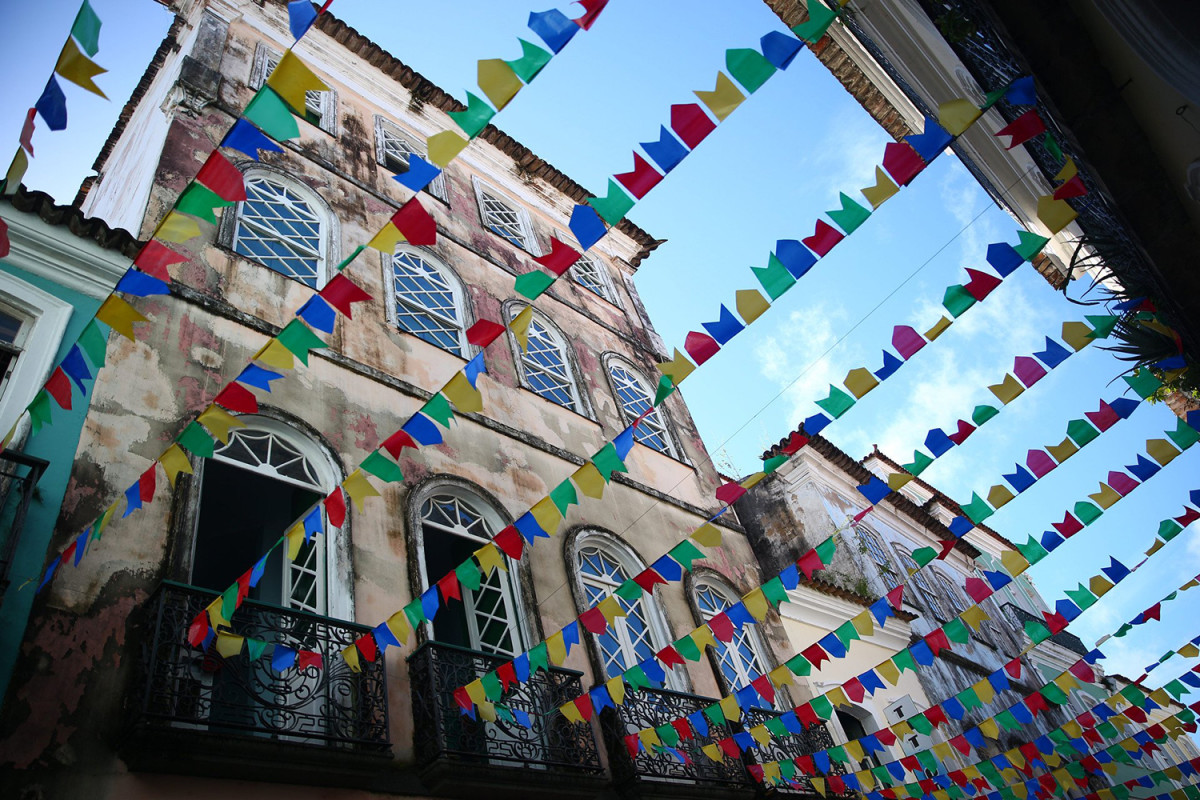
Viagem Brazil: Greg Bishop and Simon Bruty's Travel Guide to the Other Side of the World Cup. (Photos by Simon Bruty/SI)
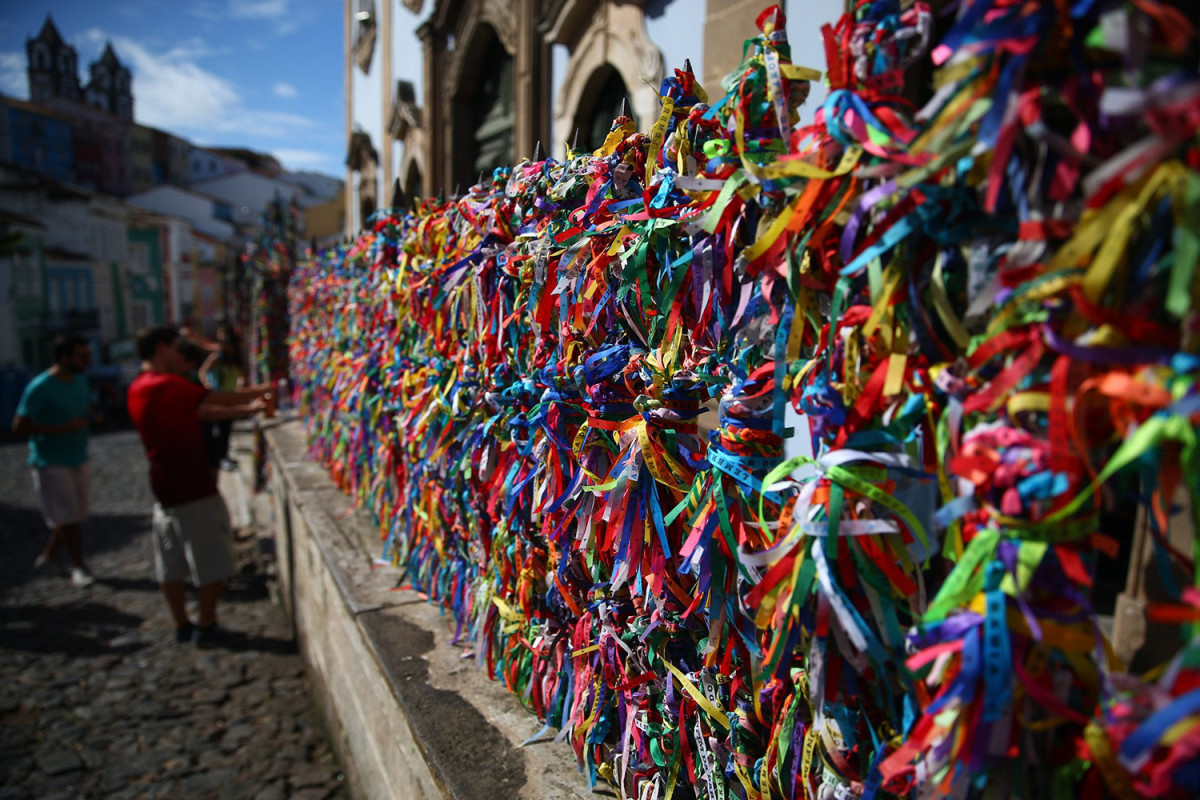
Viagem Brazil: Greg Bishop and Simon Bruty's Travel Guide to the Other Side of the World Cup. (Photos by Simon Bruty/SI)
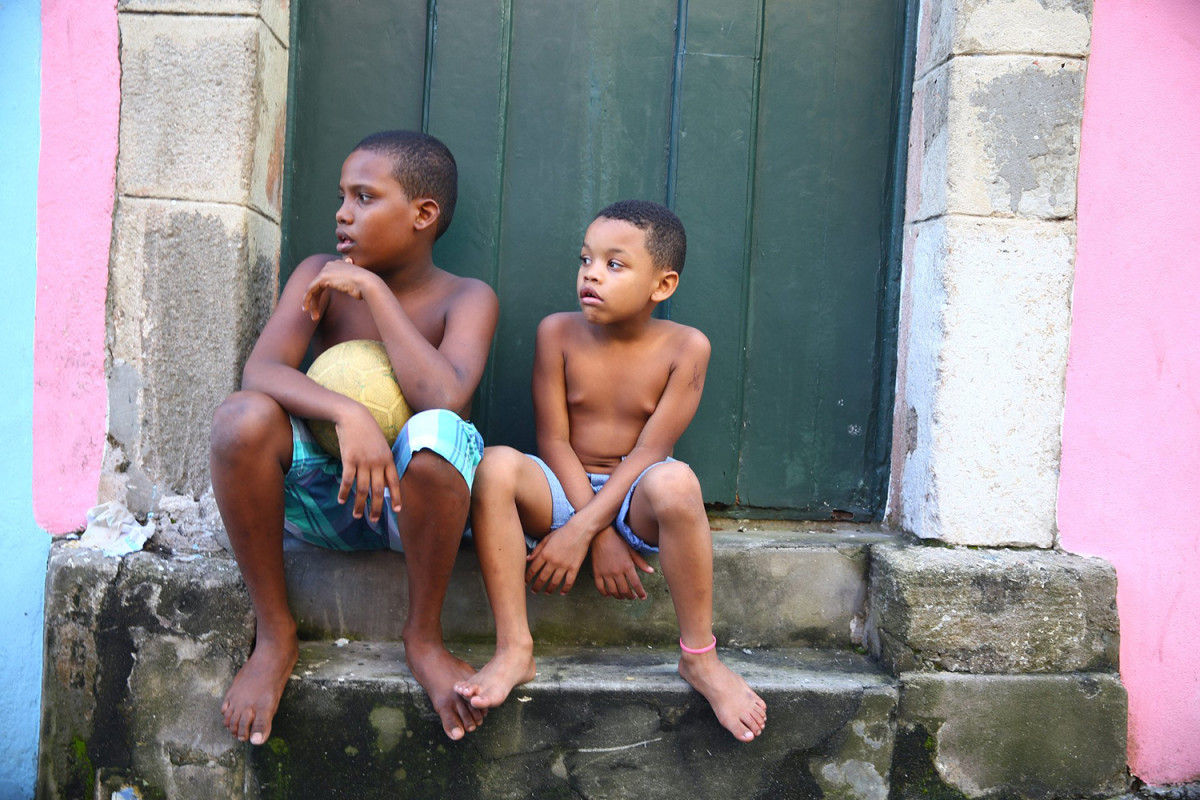
Viagem Brazil: Greg Bishop and Simon Bruty's Travel Guide to the Other Side of the World Cup. (Photos by Simon Bruty/SI)
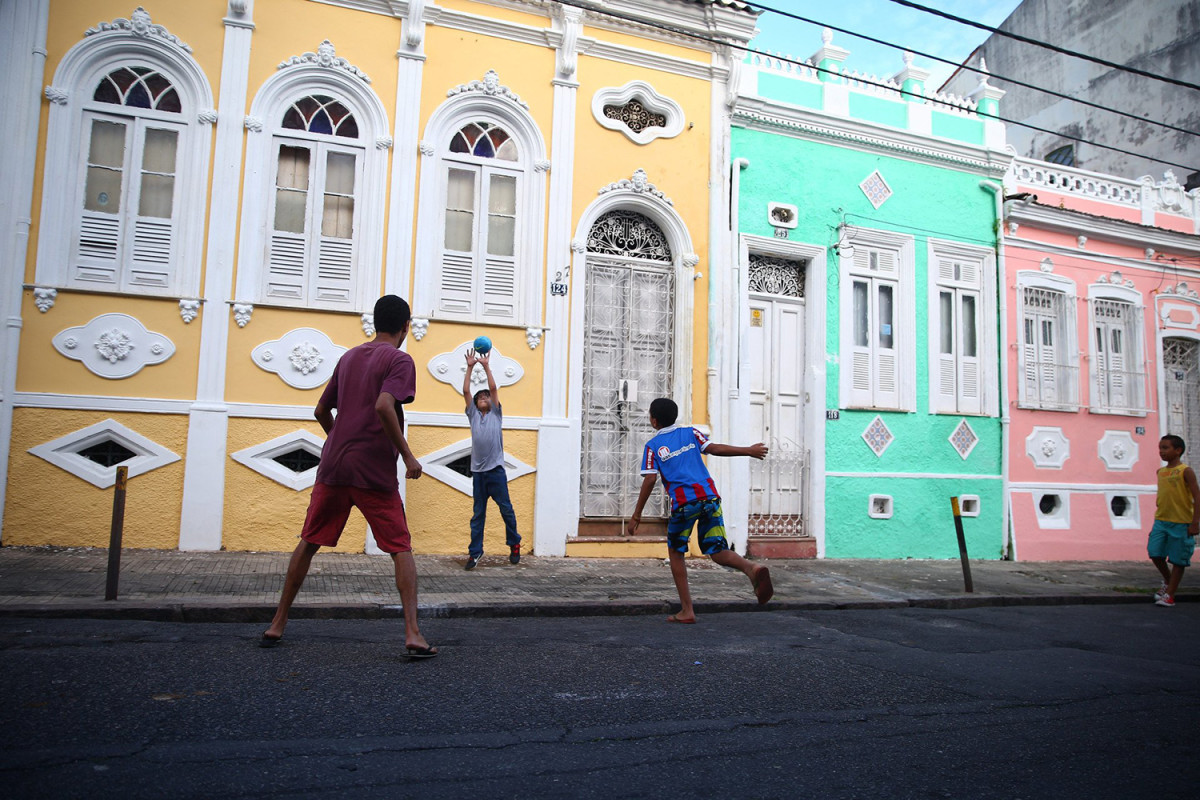
Viagem Brazil: Greg Bishop and Simon Bruty's Travel Guide to the Other Side of the World Cup. (Photos by Simon Bruty/SI)
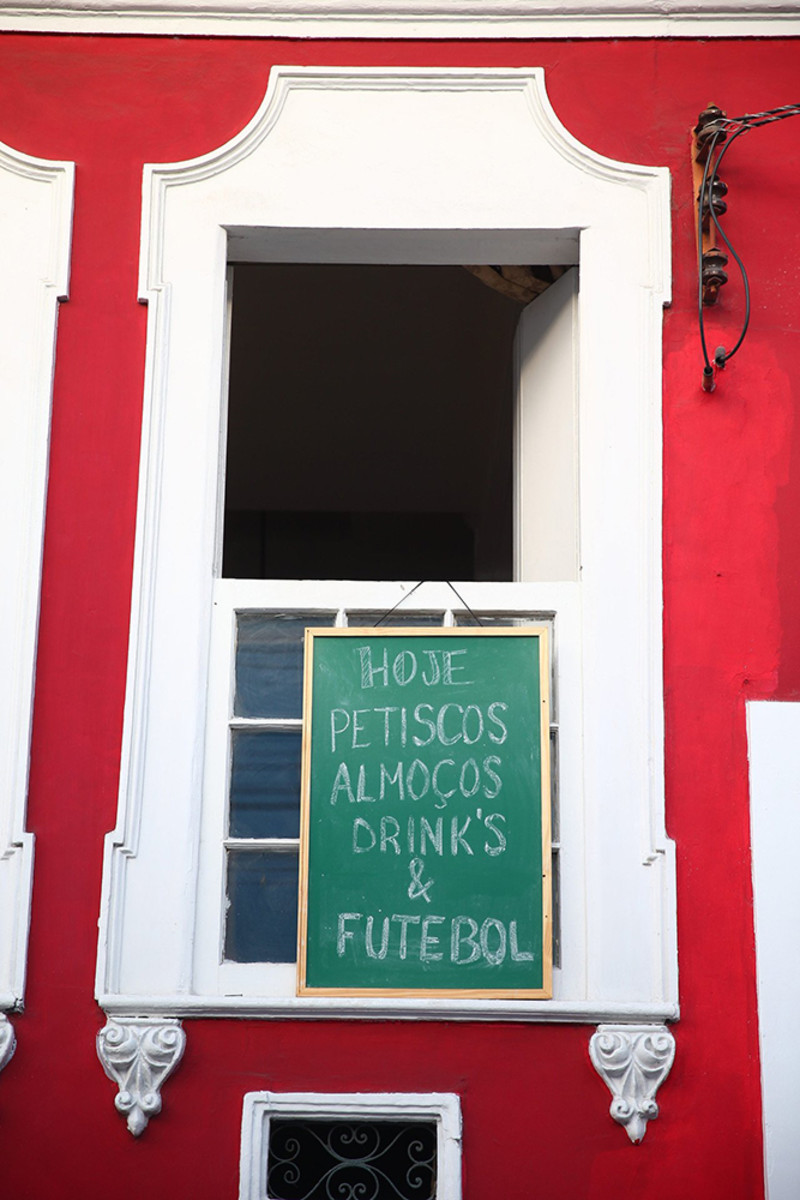
Viagem Brazil: Greg Bishop and Simon Bruty's Travel Guide to the Other Side of the World Cup. (Photos by Simon Bruty/SI)
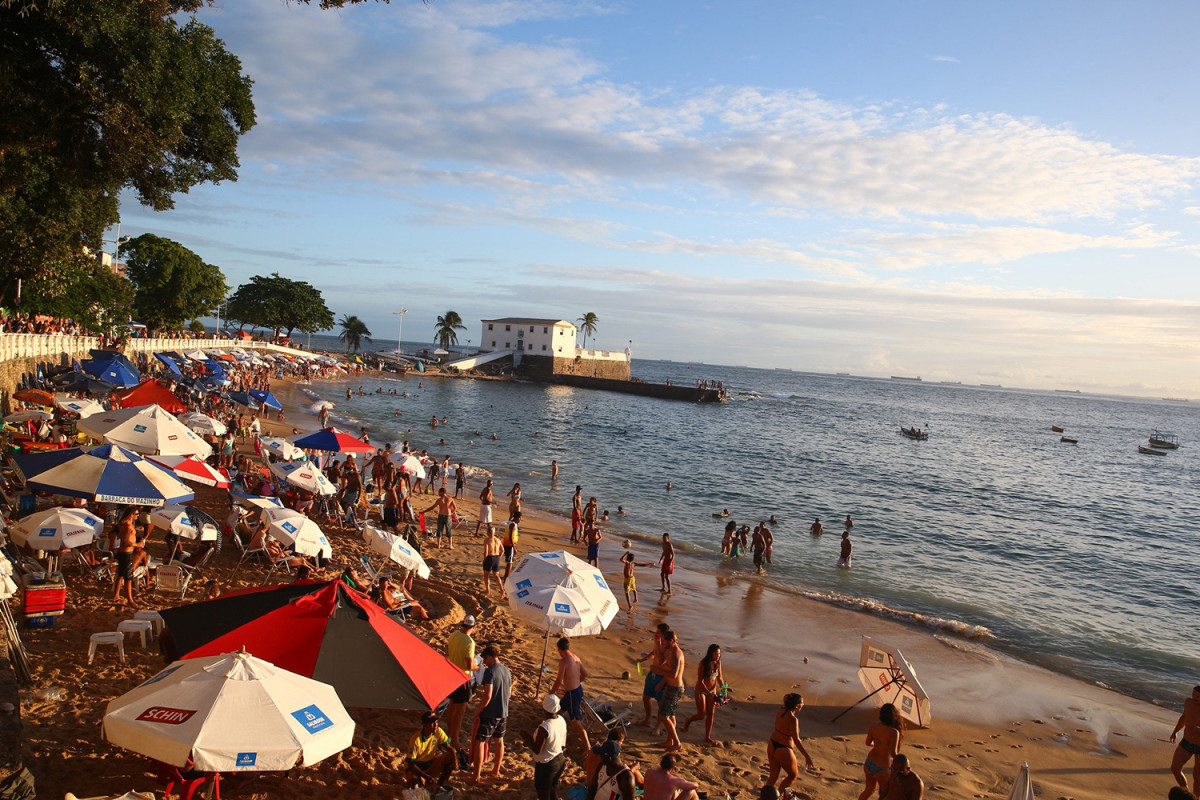
Viagem Brazil: Greg Bishop and Simon Bruty's Travel Guide to the Other Side of the World Cup. (Photos by Simon Bruty/SI)
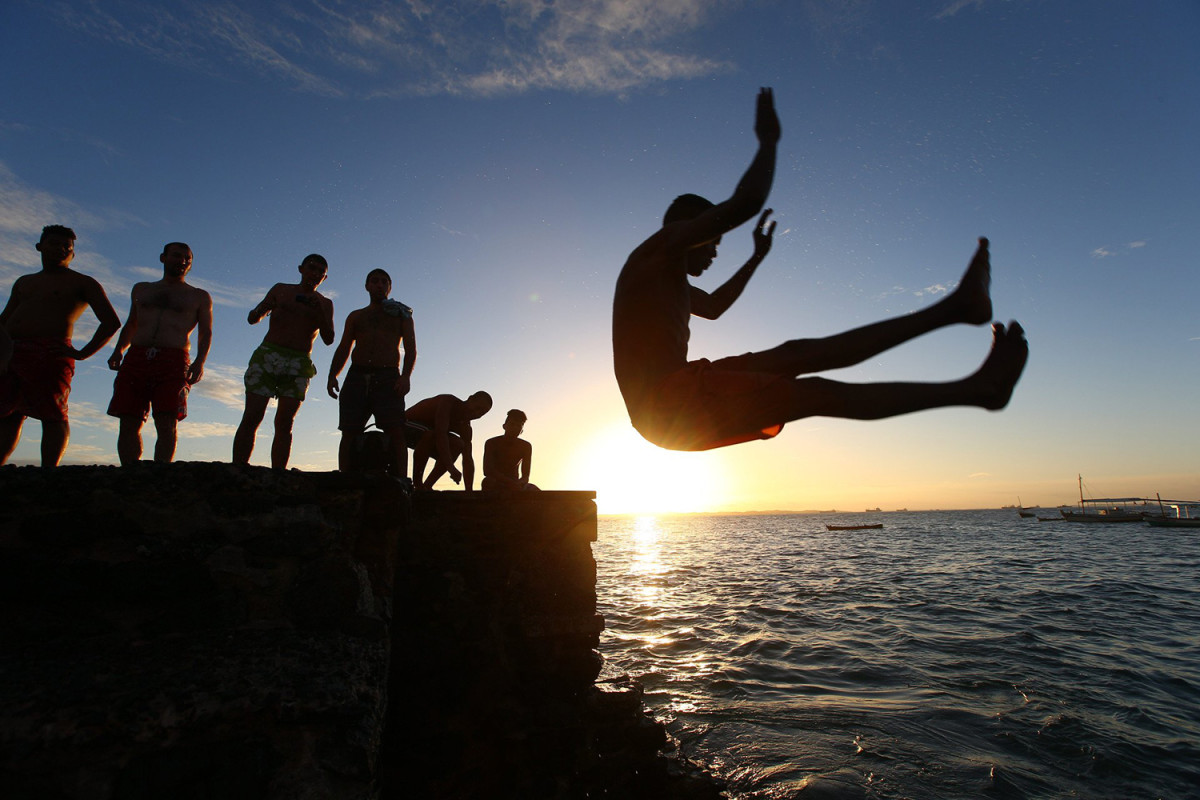
Viagem Brazil: Greg Bishop and Simon Bruty's Travel Guide to the Other Side of the World Cup. (Photos by Simon Bruty/SI)
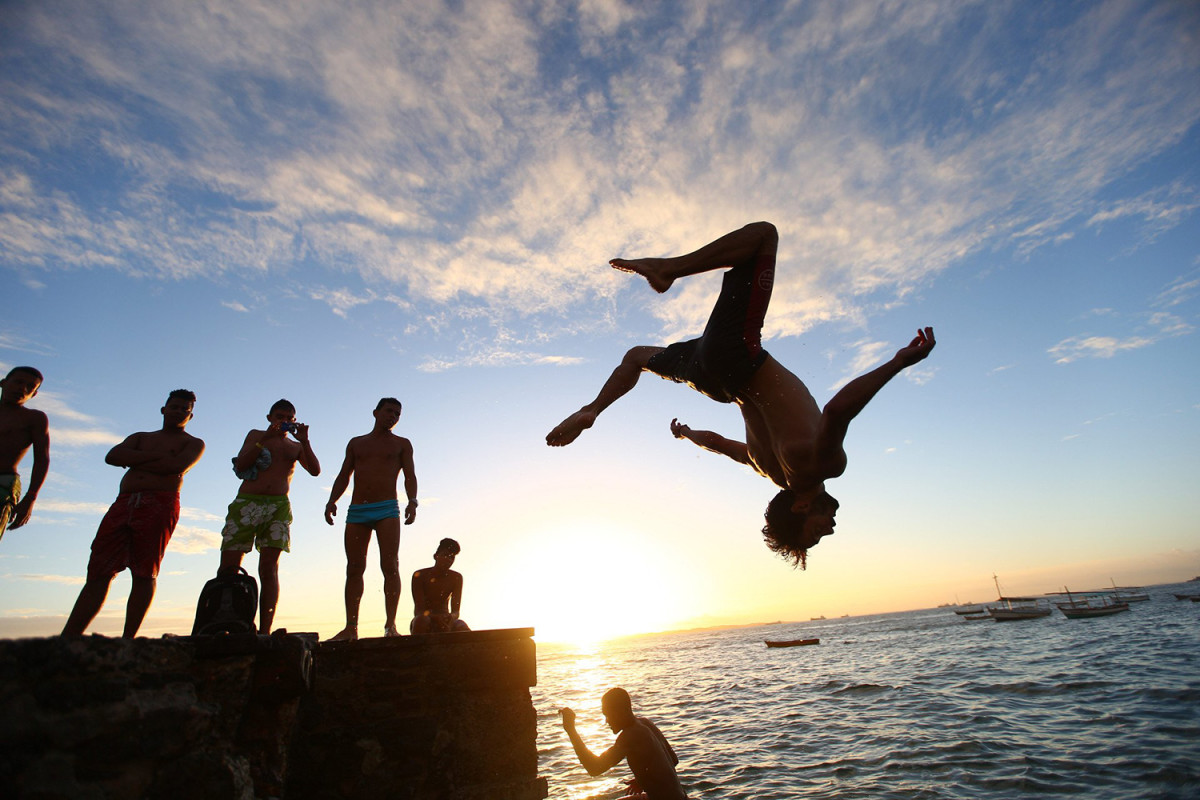
Viagem Brazil: Greg Bishop and Simon Bruty's Travel Guide to the Other Side of the World Cup. (Photos by Simon Bruty/SI)
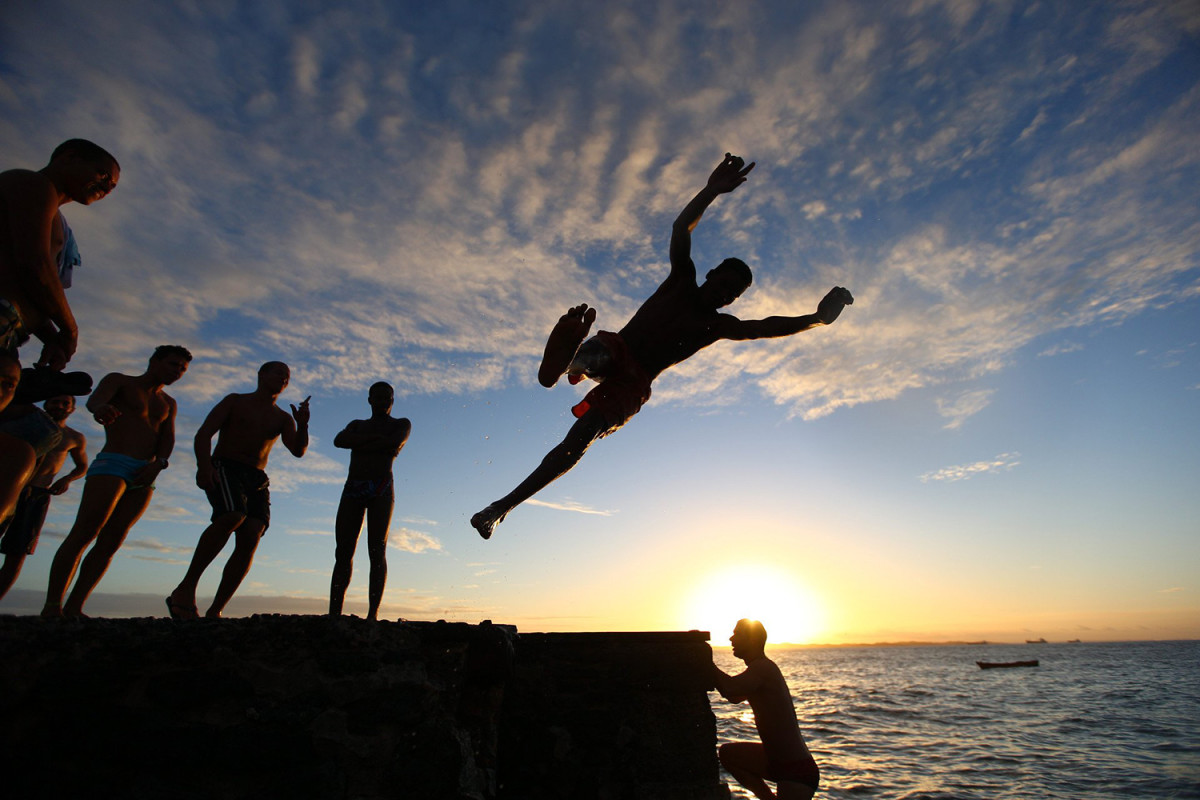
Viagem Brazil: Greg Bishop and Simon Bruty's Travel Guide to the Other Side of the World Cup. (Photos by Simon Bruty/SI)
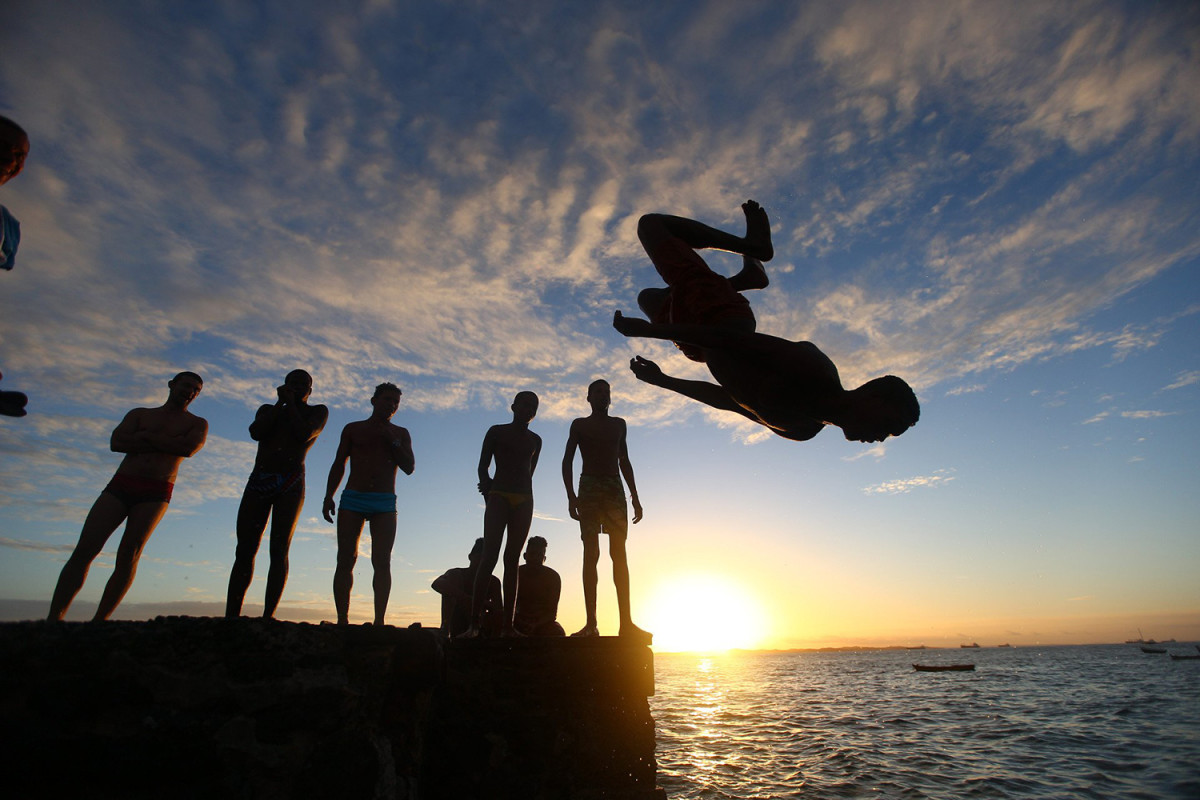
Viagem Brazil: Greg Bishop and Simon Bruty's Travel Guide to the Other Side of the World Cup. (Photos by Simon Bruty/SI)
